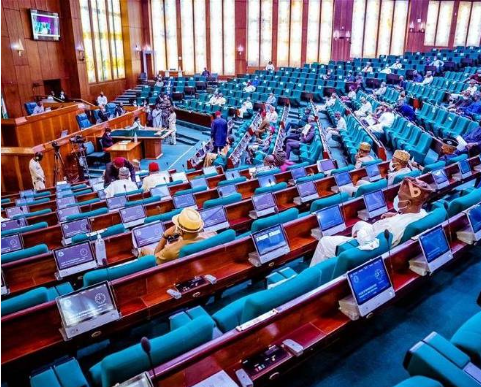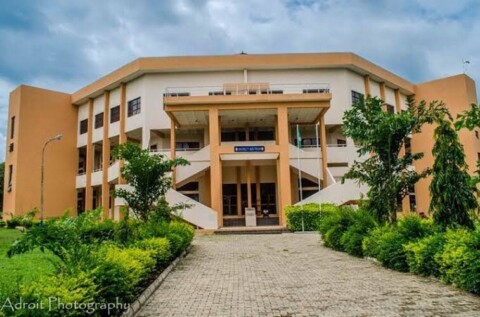Members of the Nigerian House of Representatives want to make major updates to what students are taught in primary, secondary, and university schools across the country. During a recent meeting, they agreed that the current curriculum or lesson plans used in Nigerian classrooms need a full, deep review.
This move was sparked by concerns raised by Hon. Bamidele Salam, a lawmaker from Osun State. He pointed out that the traditional subjects and topics covered in Nigerian schools are quite outdated compared to schools in more advanced nations around the world.
Salam highlighted several key problems with the current Nigerian curriculum:
1) Too much emphasis is placed on memorizing information and facts by heart. Students do too little learning of practical, hands-on skills like critical thinking and solving real problems – abilities which are highly valued by employers these days.
2) The lessons don’t expose students enough to global perspectives and knowledge about how to succeed in our interconnected, globalized world economy.
3) There is a lack of training that simulates real-world, on-the-job situations to prepare students for the specific roles and tasks they’ll face in future careers.
4) Technology is not integrated enough into the classroom learning process, leaving students behind when it comes to digital literacy skills so crucial today.
5) The curriculum is too rigid, theoretical and one-size-fits-all. It doesn’t allow students to explore their own interests, think innovatively, and adapt to changes happening in the world.
Salam argued that because of this outdated curriculum, many Nigerian graduates may leave school without being truly ready and equipped for the realities of the modern workplace and job market.
In response, the House of Representatives has now instructed the Federal Ministry of Education, along with the State Education Ministries, to work together on a comprehensive, in-depth review and overhaul of the full curriculum taught at the primary, secondary and university levels nationwide.
The goal is to align and update what students learn with the current needs and demands of the global job market. Under the new curriculum, there should be:
- A stronger focus on building key skills like critical thinking, problem-solving abilities, digital/computer literacy and adaptability
- More integration of practical, hands-on applications and training scenarios
- Encouragement of innovative thinking and creative problem-solving
- Better resources devoted to digital literacy and using technology in the classroom
The lawmaking body wants the government to provide more funding for resources like hiring more qualified teachers, securing updated learning materials like textbooks/videos, and improving technology infrastructure in schools to support this curriculum upgrade.
The Education Ministry has been directed to review their implementation of the full National Policy on Education to make sure these curriculum changes can happen effectively.
By modernizing the lessons and skills being taught in Nigerian schools, the hope is that future graduates will become more competitive candidates. They will be better prepared to secure good jobs, start businesses, and contribute more to Nigeria’s economic growth and development in an always-changing global landscape.





